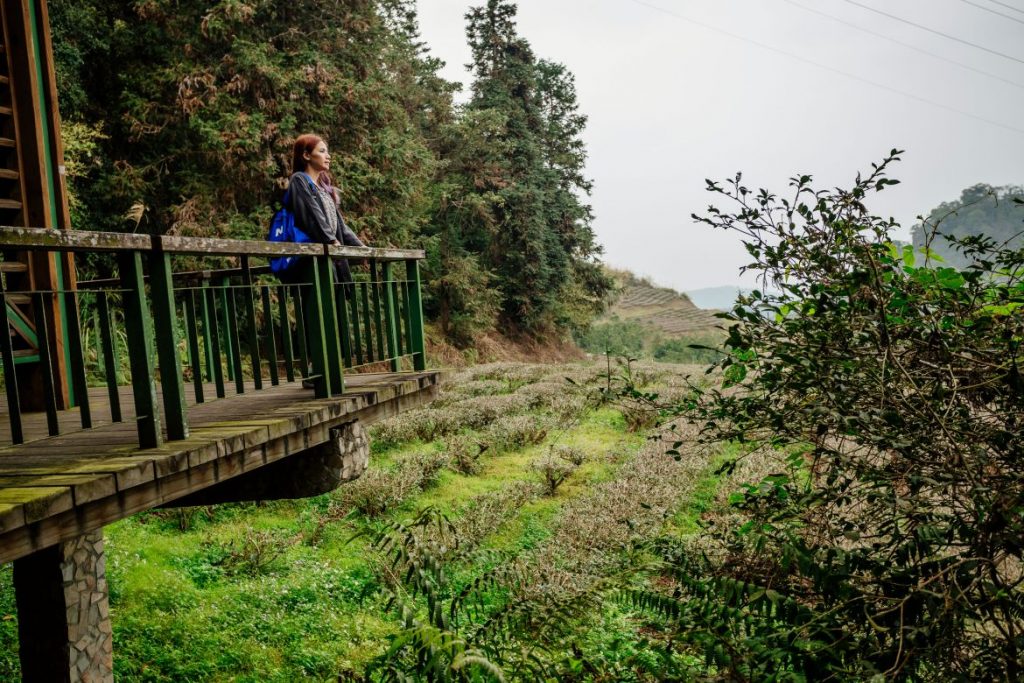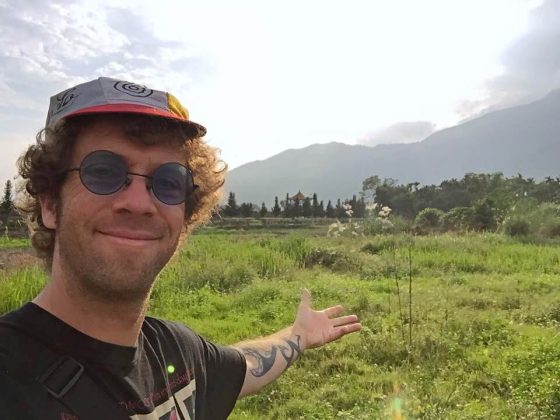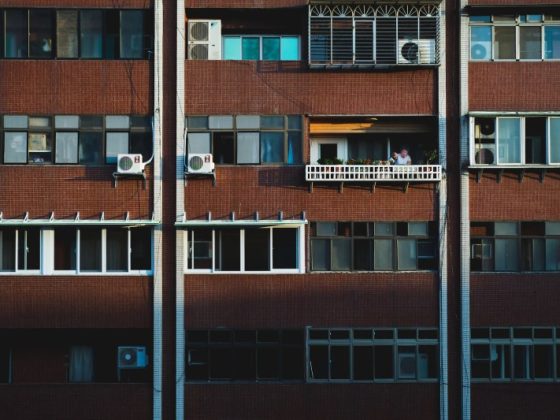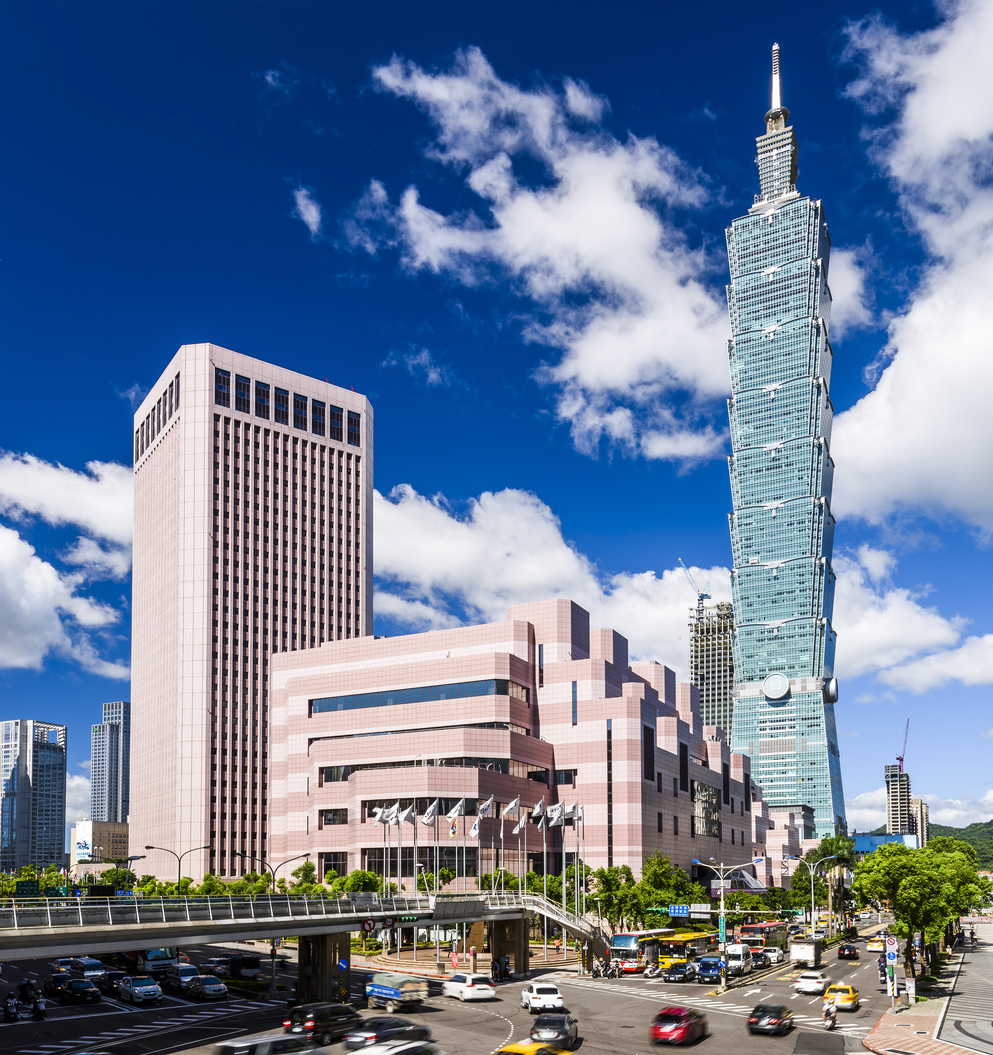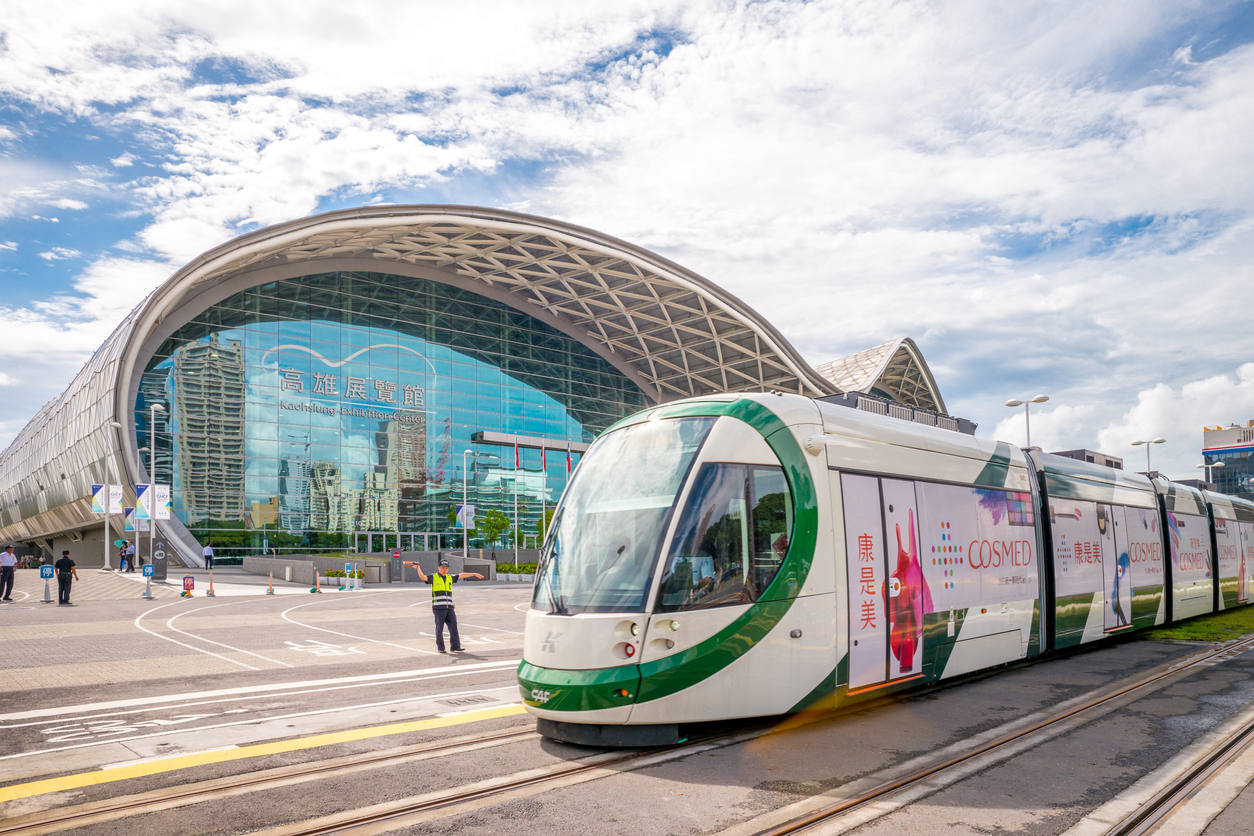Author Tina Teng, Genie Zheng
Photographer Yuskay Huang, April Chen, Taiwan Scene, Taipei Veterans General Hospital, Dimension Endowment of Art
In its annual ranking, British magazine Monocle ranked Taipei as the 10th most livable city in the world for 2022. Several international media outlets, including the BBC, have also consistently ranked Taipei among the globe’s most comfortable cities. What is Taipei’s appeal? And what makes it a top city to live in?
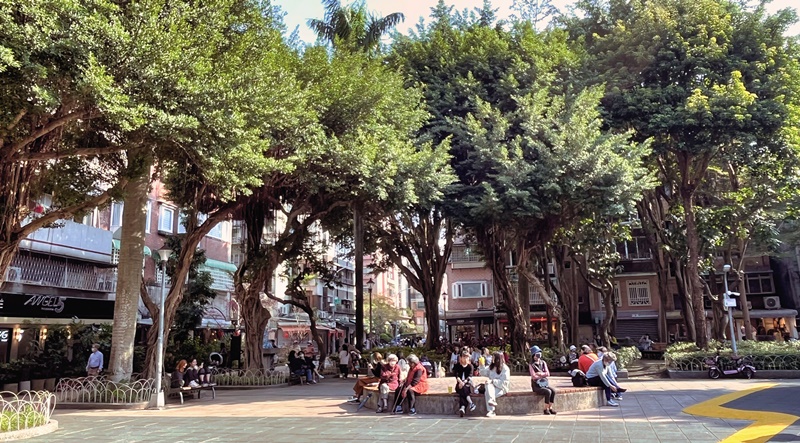
We’ve invited four guests from different professional backgrounds who either work or live in Taipei to talk about the city’s appeal in terms of arts and culture, transportation, food and healthcare.
Jun-Jieh Wang (王俊傑), Director of the Taipei Fine Arts Museum (TFAM, 台北市立美術館), points out Taipei’s progress in public art, which breaks away from the traditional framework. Chun-Kai Chang (張鈞凱), Division Chief of the Planning and Development Division of Taipei City’s Department of Transportation (台北市交通局), shows us how the city’s transportation network supports tourists and locals alike. Lifestyle journalist Kerstin Hsu (許育華), with her extensive travel and expatriate living experience, hails Taipei as the food capital of the world. Finally, Dr. Pei-Lin Lo (羅珮琳), traditional Chinese medicine practitioner, discusses Taipei’s high-quality healthcare as a major attraction for overseas patients to travel to Taipei.
Art|Trendsetting Public Installations
Taipei is leading the way in its approach to public art, moving away from stereotypically large public artworks. According to Jun-Jieh Wang, the Taipei City Government (台北市政府) is integrating public art in the everyday environment of its residents by hosting a series of activities, workshops, performances, and documenting the lives of its people through documentary films. Innovative approaches also include inviting artists-in-residence to work with the public to participate in public projects, which is a perfect example of integrating local life and professional artistry.
Wang cites “The Plant Transformation Project: The Healing Effect of Gardening (植變:身態園丁的大療癒術),” initiated by Taipei City’s Department of Social Welfare (台北市社會局) in 2019, as an example. The public art project was established with a theater workshop, enabling artists, social workers, clients, volunteers, and the broader community to engage in open dialogues by experimenting with a different approach to public art. Through the planting of flowers, the participants can not only heal body and soul, but also gain a sense of accomplishment from presenting their works, adding beauty and vitality to the neighboring communities through public art.
Furthermore, “Living Humanity (藝居:家的進行式),” a public housing public art project organized by Taipei City’s Department of Urban Development (台北市都市發展局), is the embodiment of “non-physical public art.” This first wave of public art integration projects use art to sculpt the imagination for our living space, and focus on issues such as the inheritance of historical and cultural memory, social justice and environmental sustainability. They combine participatory art project, artist residency project, and permanent installations, three forms to present the arts through methods such as documentaries and murals, and now implementing in public housing including Jiankang (健康) in Songshan District, Qingnian (青年) in Wanhua District, Xinglong (興隆) in Wenshan District and Dongming (東明) in Nanggang District.
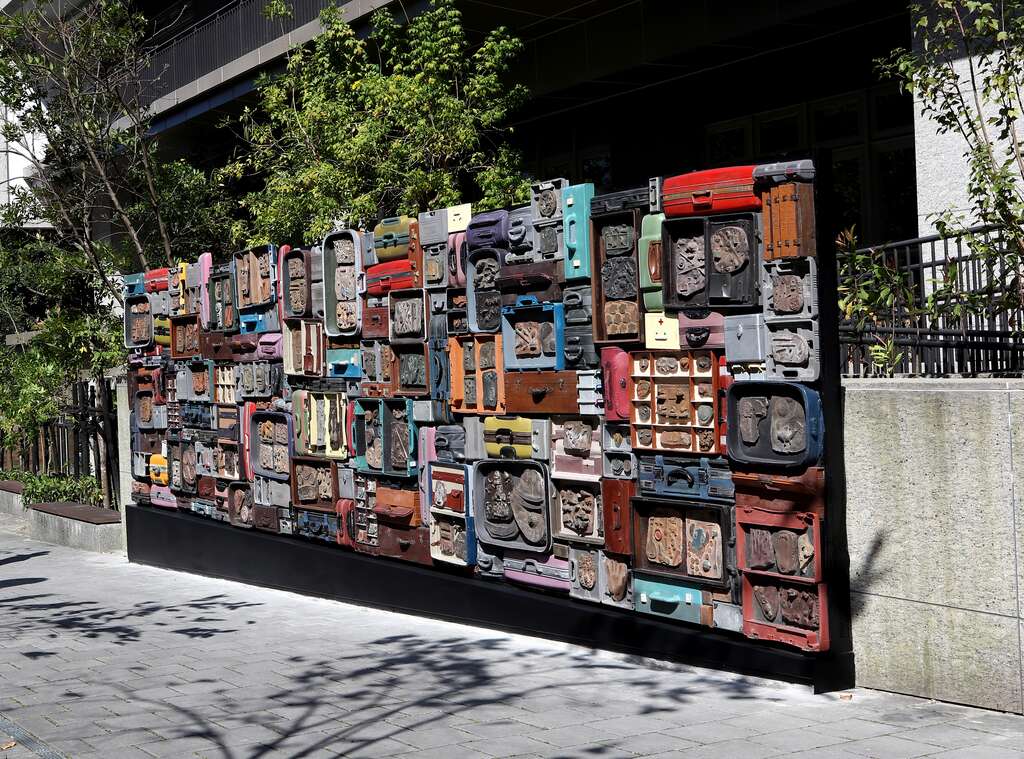
“The Taipower Building (台電大樓) on Roosevelt Road is another very special example,” says Wang. “Above the main entrance is ‘Brightly Shines the Sun (日光域).’ This fascinating piece of public art is made of recycled street lamps with new LED bulbs installed by the Taiwan Power Company (台灣電力公司). The piece expresses society’s tilt toward a more environmentally-friendly approach while integrating the company’s public image. It is a richly-layered art piece.”
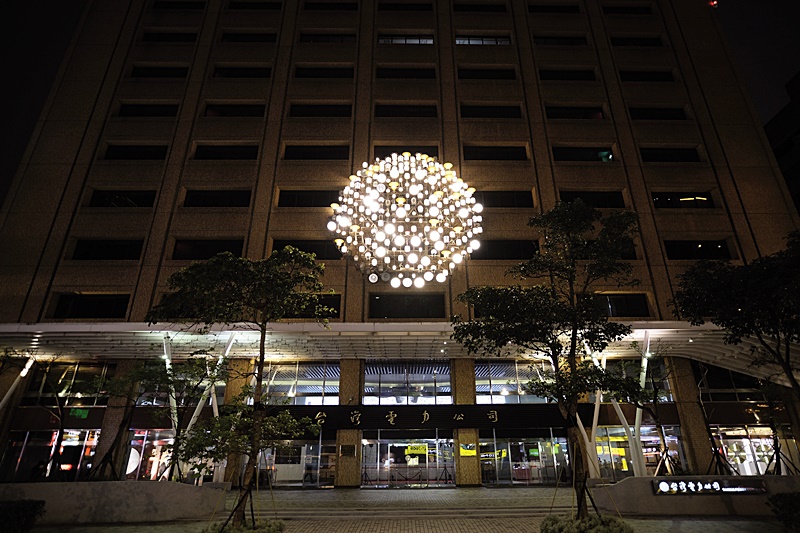
Overall, public art in Taipei does not only exhibit large-sized physical artworks. They also appear through performances such as drama and media works, and at the same time local residents are also invited to cooperate in these processes of public art creation.
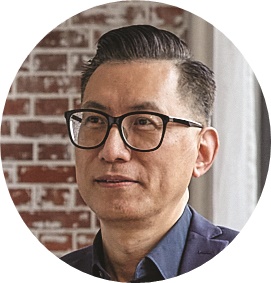
Jun-Jieh Wang 王俊傑
Currently serving as the Director of TFAM, as well as an active member of the contemporary art community who has extensive leadership experience in various organizations. Wang has also served on the Advisory and Collections Committees of both TFAM and the National Taiwan Museum of Fine Arts (NTMF, 國立台灣美術館).
Transportation|Taipei Goes Green
Taipei offers over 280 bus routes and five main MRT lines. The bike-share program offers 13,000 YouBike 2.0 bicycles to its citizens. Other shared transportation programs include shared motorcycles and cars. In response to global trends, Taipei’s green transportation grid is one of a kind.
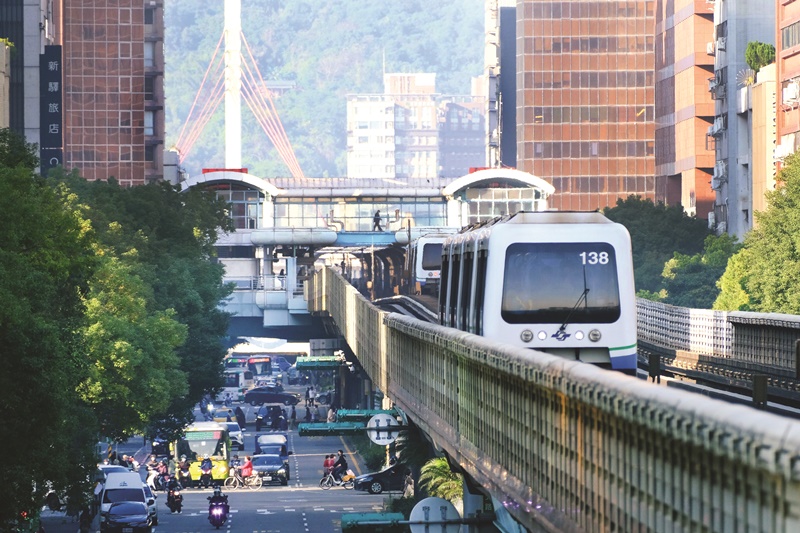
“In terms of YouBike, it has the highest turnover rate in the world. In Taipei, a shared bike is used, on average, 10 times a day. In addition, the city is looking to transition to electric buses in response to the net-zero policy. The transition to 100% electric buses is expected to be completed by 2030,” says Chun-Kai Chang.
To encourage the use of public transportation, one of the Department of Transportation’s priorities is to make things as convenient as possible for residents. “The All-Pass Ticket is a commuter ticket that covers almost all public transportation in Greater Taipei. For NT$1,280 per month, passengers enjoy transfer discounts and unlimited travel on the MRT, buses, and the Danhai LRT, with 30 minutes free use of a YouBike,” adds Chang.
In addition, the Department of Transportation launched the Taipei City Neighborhood Traffic Environment Improvement Program (台北市鄰里交通環境改善計畫) in 2015. The project aims to enhance pedestrian safety in alleyways by rezoning parking areas and introducing green pedestrian walkways.
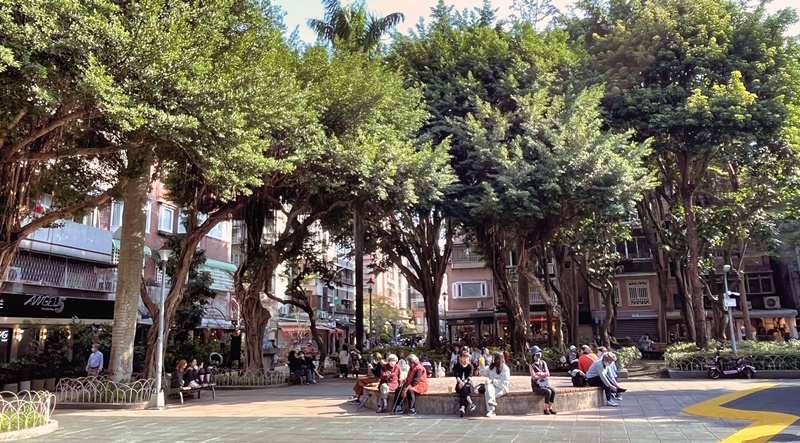
By creating an accessible pedestrian environment and establishing a sustainable transportation system, the city government aims to provide a safe and convenient transportation network. This will improve the lives of its residents and also serve as a major appeal for visitors to experience convenient mobility and the city’s continuous advancement.
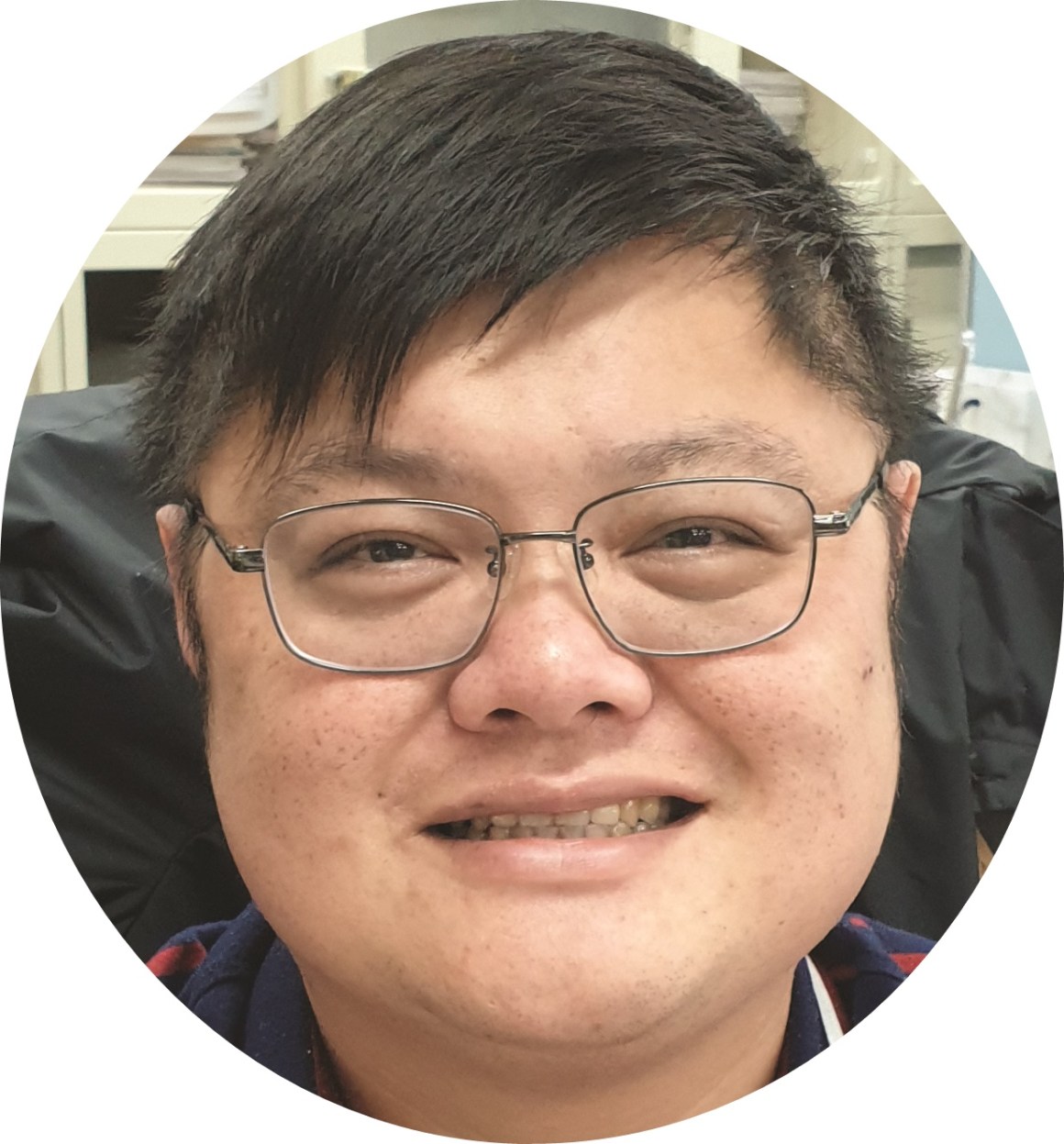
Chun-Kai Chang 張鈞凱
Division Chief of the Planning and Development Division of Taipei City’s Department of Transportation. The division is responsible for researching and formulating transportation policies, overall planning of transportation systems, reviewing and supervising the implementation of traffic plans, and collecting and analyzing transportation data.
Gastronomy|A Super-Sized Food Hall
To find out how “delicious” a city is, you must first look at the diversity of its food culture. In Taipei, Taiwanese, Hakka, Chinese, and Japanese cuisines have a long shared history and are ingrained in the essence of what may be called the predominant Taiwanese culture. Other international cuisines also have much to offer; French, Italian, Southeast Asian, Indian and Turkish cuisines all have their own special delicacies that have demonstrated a high level of culinary excellence. Taipei has a truly eclectic collection of flavors.
Meanwhile, the local wet markets add to the rich culinary layers of the city, such as Daan District’s Nanmen Market (南門市場) and Shilin District’s Shidong Market (士東市場). Taipei is also home to major high-end department stores and an assortment of grocery stores, with a variety of delicious cuisines and merchandise available in the gorgeous food courts and gourmet ingredient shops. Besides, there are many kid-friendly and pet-friendly restaurants satisfying all kinds of foodies, rendering Taipei into a super-sized food hall filled with treasures.
As someone who has traveled the world, journalist Kerstin Hsu certainly has a seasoned take when it comes to food. According to Hsu, the emphasis and passion that people in Taipei have for food can be observed in everyday details. Food is the talk of the town; whether in a sit-down conversation, a netizens’ discussion, or on a TV talk show, food is always a popular topic.
“Taipei is the kind of city where you can find amazing food at any time, whether it be early in the morning or in the middle of the night. Not to mention the high quality of the food, whether you spend NT$100 or NT$1,000,” says Hsu.
Living in Berlin, Germany for many years as an expatriate, in addition to the constant travel required by her work, means that Hsu meets people from all over the world and she often plays cultural ambassador when these foreign friends come to Taiwan.
“If a foreigner is in Taipei for the first time, I take them to try Din Tai Fung’s (鼎泰豐) xiaolongbao (小籠包, soup dumplings), not because of how famous it is, but because of the high quality and the type of cuisine offered; Din Tai Fung offers food that can be enjoyed by people from all cultural backgrounds,” says Hsu.
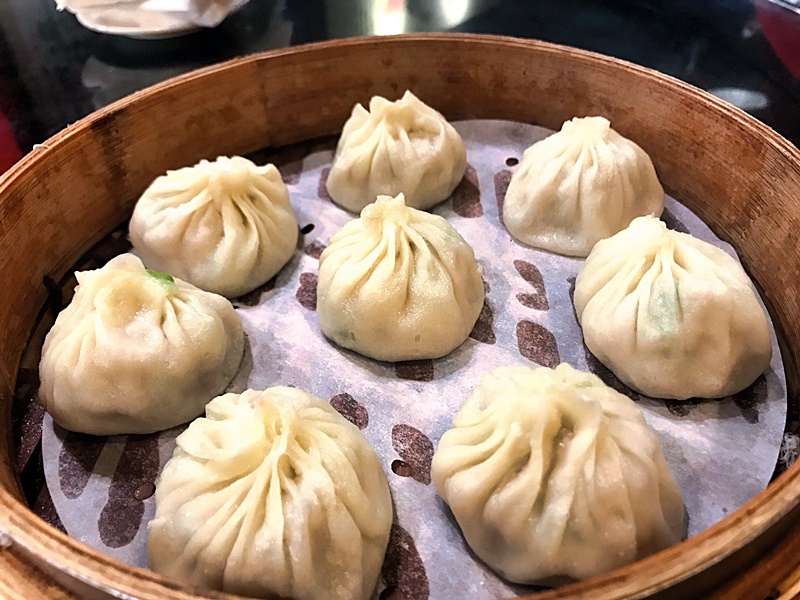
Hsu also recommends beef noodle soup, saying that noodles are almost an “international language.” According to Hsu, the beef and broth in Taiwanese beef noodle soup represent our noodle culture and are also loved by foreigners.
For Hsu, street food (not necessarily night-market food) reflects the everyday details of a city and is the embodiment of the food culture. To help friends from abroad get to know Taiwan through street food, she recommends homey dishes such as Liang Ji Chiayi Chicken Rice (梁記嘉義雞肉飯) in Zhongshan District or Yi Noodles King Restaurant (意麵王) in Datong District. Steamed buns from Kangleyi (康樂意小吃店), steam-fried buns or shredded radish pancakes are all street food one can eat on the go. The list goes on and on.
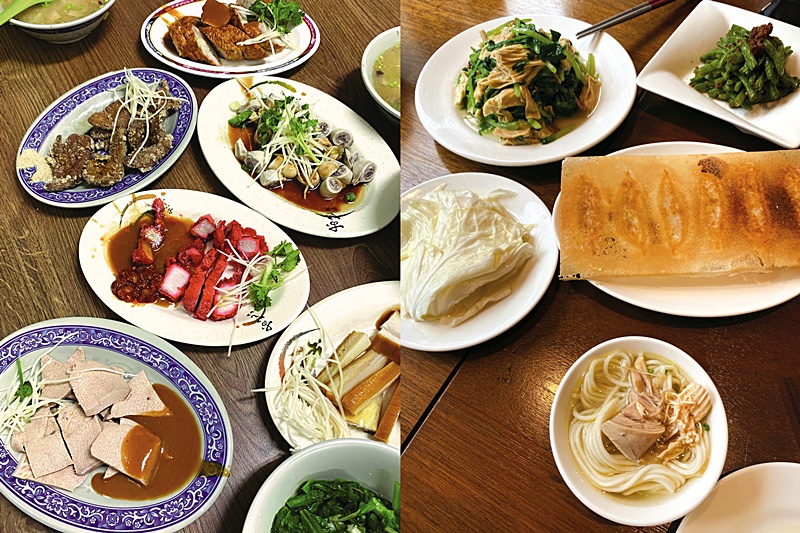
“There’s too much food and not enough time!” Hsu exclaims.
Food plays an integral role on any journey, as the flavors sampled along the way are etched in visitors’ memories. When asked, as Hsu often does herself, about the best souvenirs to bring back for friends, she recommends pineapple cakes, as they are universally beloved, while preserved fruits can showcase Taiwan’s amazing selection of natural wonders. One cannot go wrong with either. For friends from France or Italy who are cheese connoisseurs, fermented tofu, dubbed the “vegetarian cheese,” is also an excellent choice.
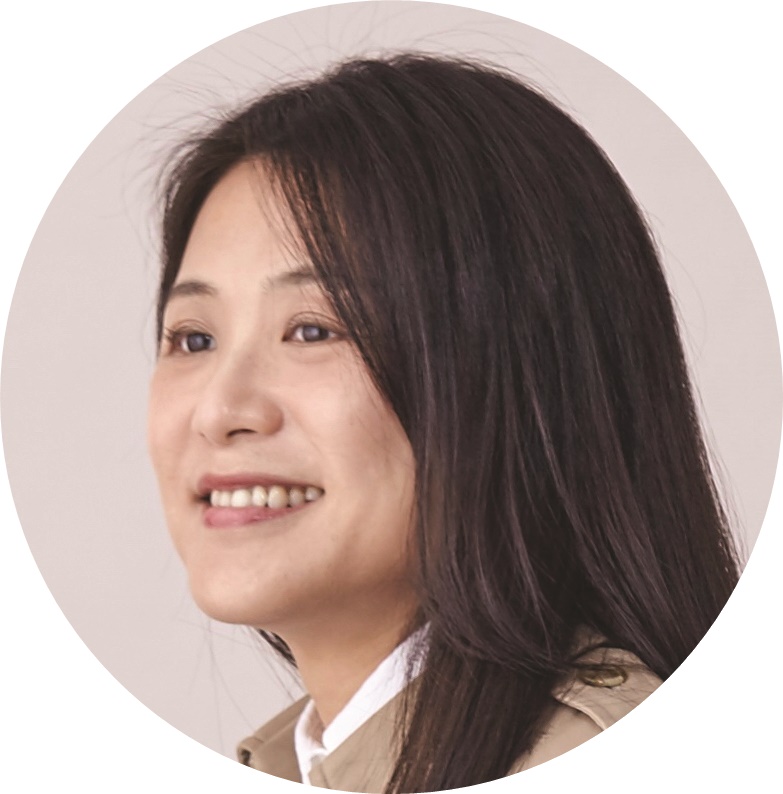
Kerstin Hsu 許育華
A veteran lifestyle journalist who has written for several publications, including Marie Claire (美麗佳人) magazine. She is a writer specializing in design, lifestyle, travel, and culture, and the author of Wallpaper* City Guide Taipei.
Wellness|Highly Rated Healthcare System
Taiwan has one of the most highly-regarded healthcare systems in the world, with most of the healthcare resources concentrated in the capital city of Taipei. The universal healthcare system is appropriately divided into several levels. Primary care physicians focus on non-urgent illnesses and patients can be referred to larger hospitals at a relatively low cost. Taiwan’s universal healthcare system benefits locals and expats alike. Due to the high quality and reasonable cost, many foreigners choose to travel to Taipei to seek medical care.
Dr. Pei-Lin Lo, who has been practicing medicine in Taipei for many years, says, “A patient of mine who lives in Germany comes to see me every time he’s in Taipei. He said that it is inconvenient to see a traditional Chinese medicine (TCM) practitioner in Germany, and everything is out-of-pocket. A visit to a doctor’s office takes too long and costs too much.”
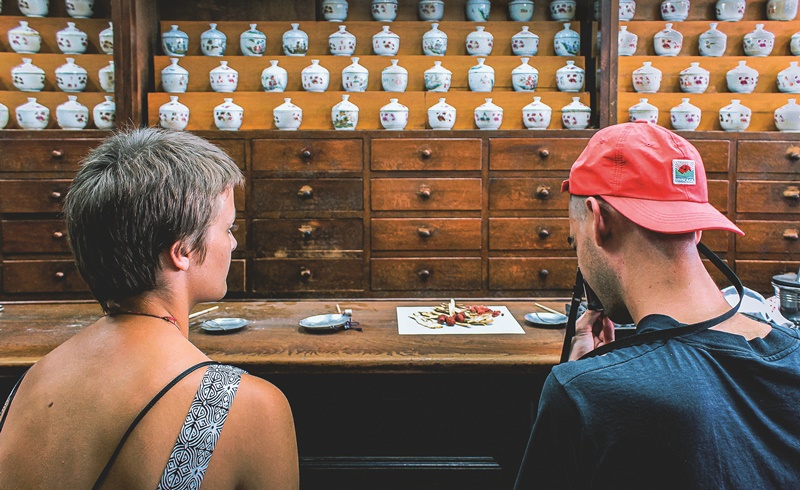
For many, TCM practitioners, with their extensive knowledge of meridians, acupuncture points, and natural herbs, have a different appeal than Western medicine practitioners. Western medicine is divided into different specialties, while TCM goes through four diagnostic steps of observing, listening to breathing, asking about symptoms, and taking the pulse to get a complete picture of a patient’s overall health. For example, if a patient comes in for a sore wrist, the practitioner will not only take a look at the problem area, but also ask about the patient’s sleep habits and mood. There are various ways of TCM treatment, including prescription of medicine, acupuncture, moxibustion, and acupoint application.
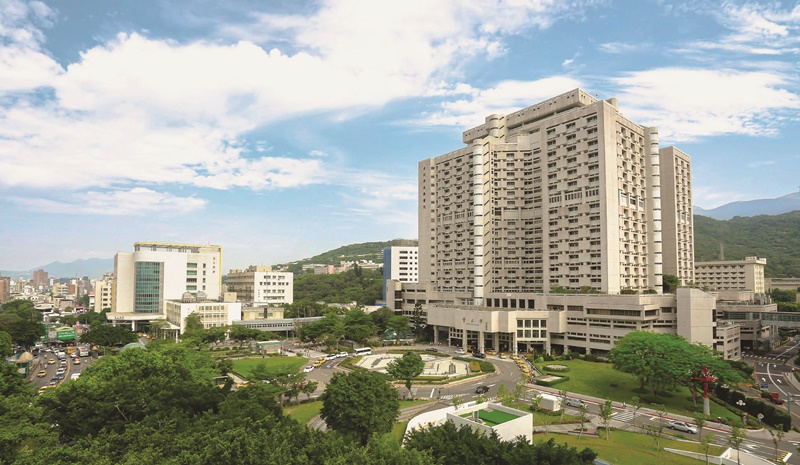
Many doctors in Taipei have received training in both TCM and Western medicine. In addition, many doctors have studied abroad and are fluent in a foreign language. Some clinics even offer interpretation services. For visitors or residents who are not fluent in Chinese, seeing a doctor and receiving medical care in Taipei has never been easier.
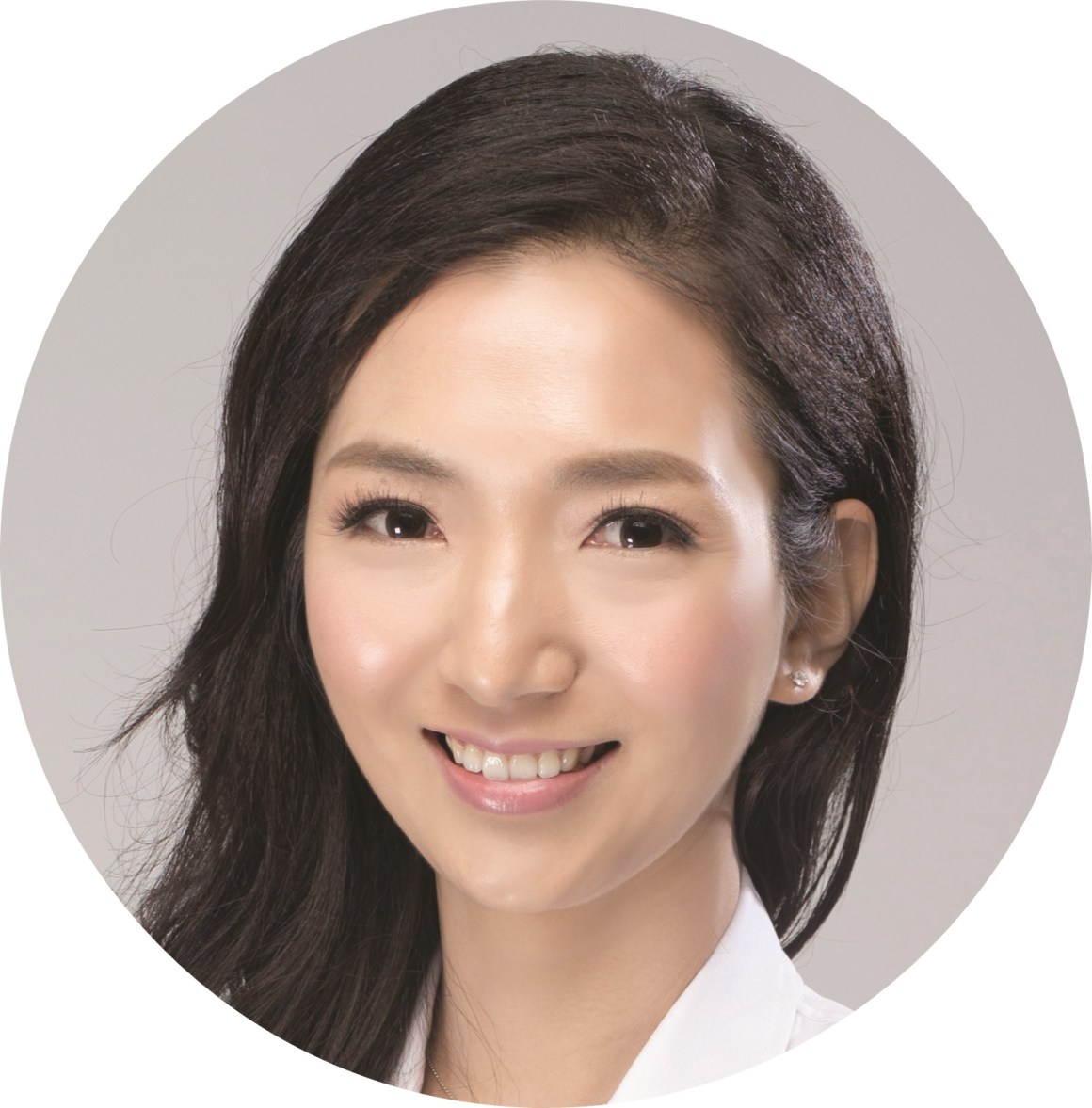
Dr. Pei-Lin Lo 羅珮琳
Director of Joy Clinic (璽悅中醫), specializing in gynecology, dermatology, and general internal medicine. She has served as a consulting physician for media programs and is a regular contributor to health and life media platforms. She is also an author of multiple TCM books.
This article is reproduced under the permission of TAIPEI. Original content can be found on the website of Taipei Travel Net (www.travel.taipei/en).

